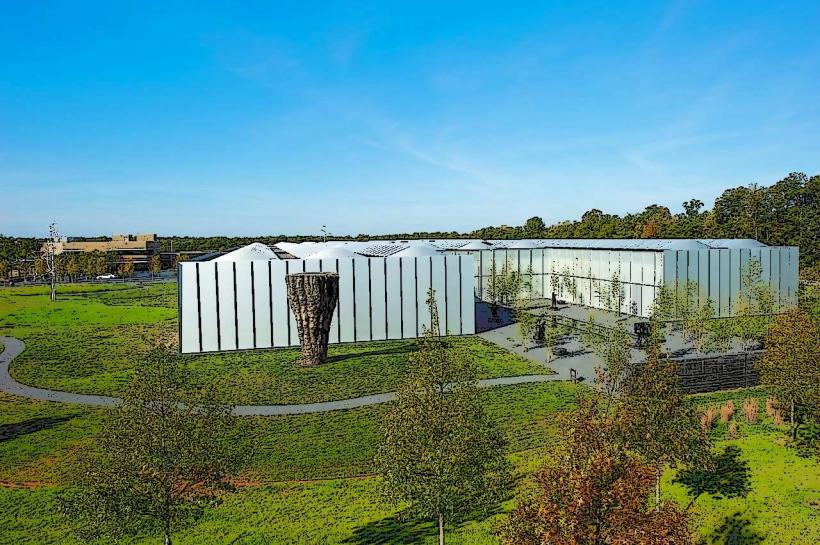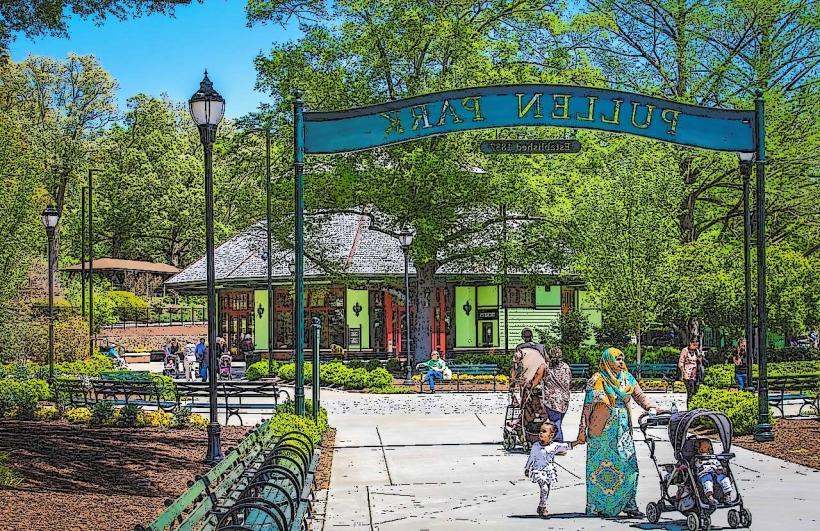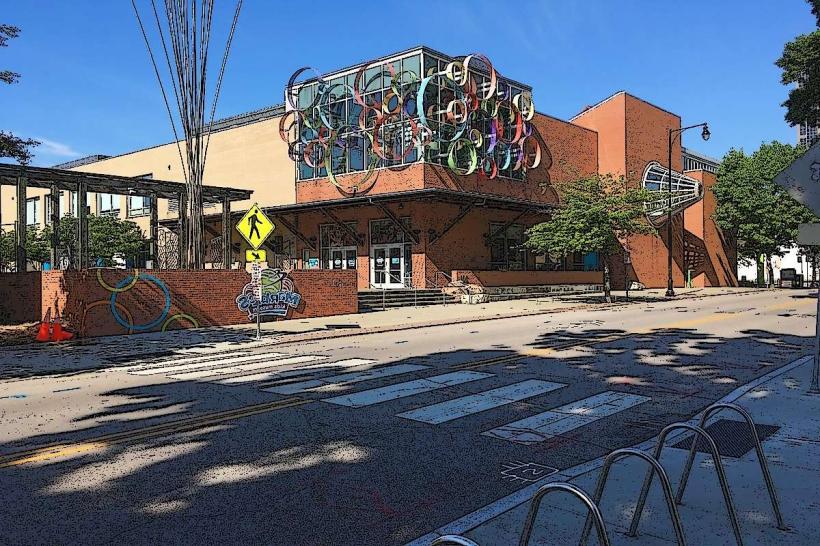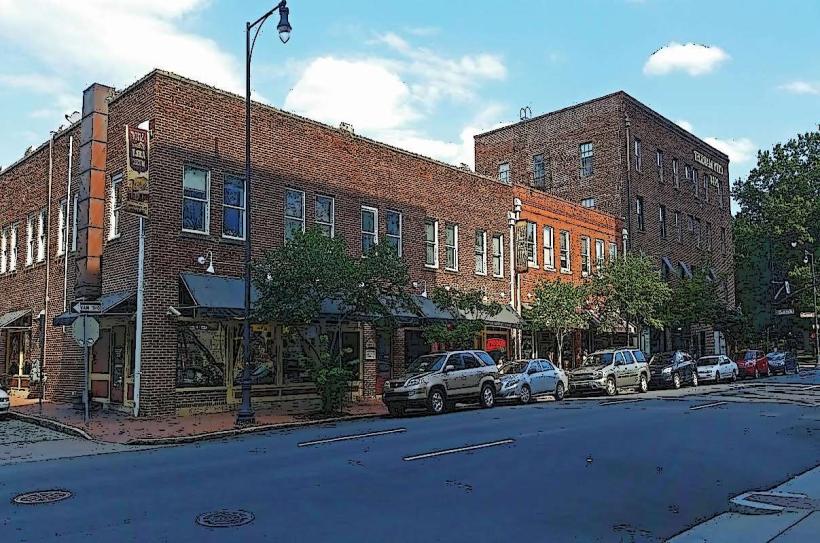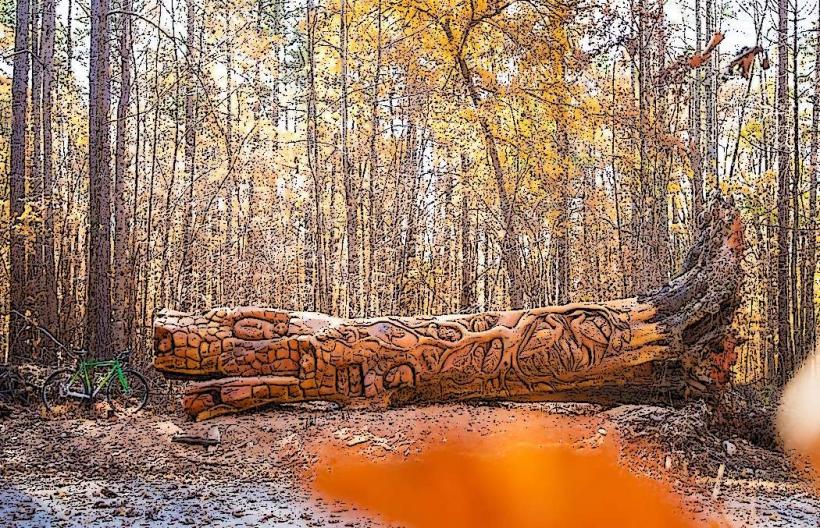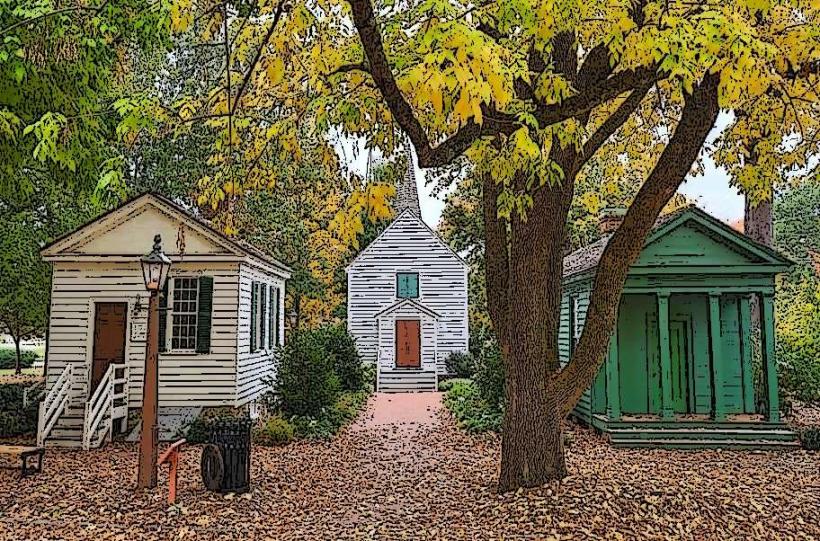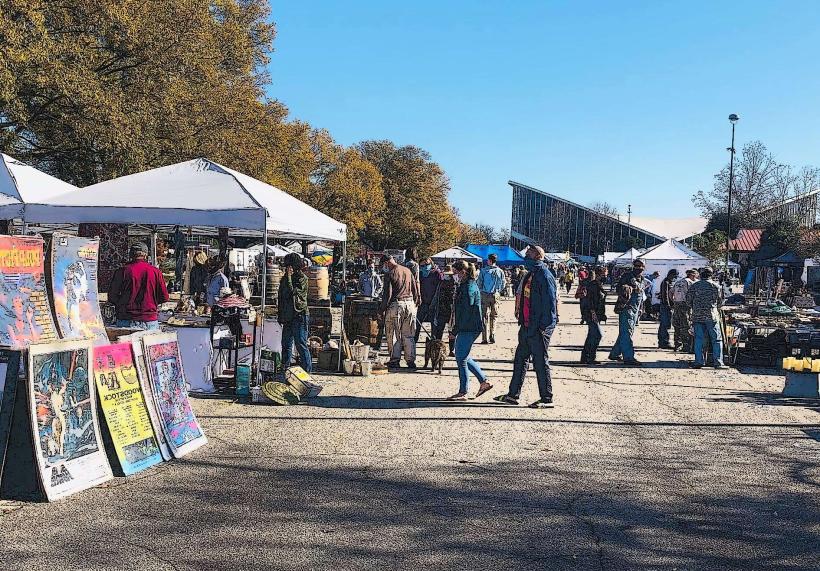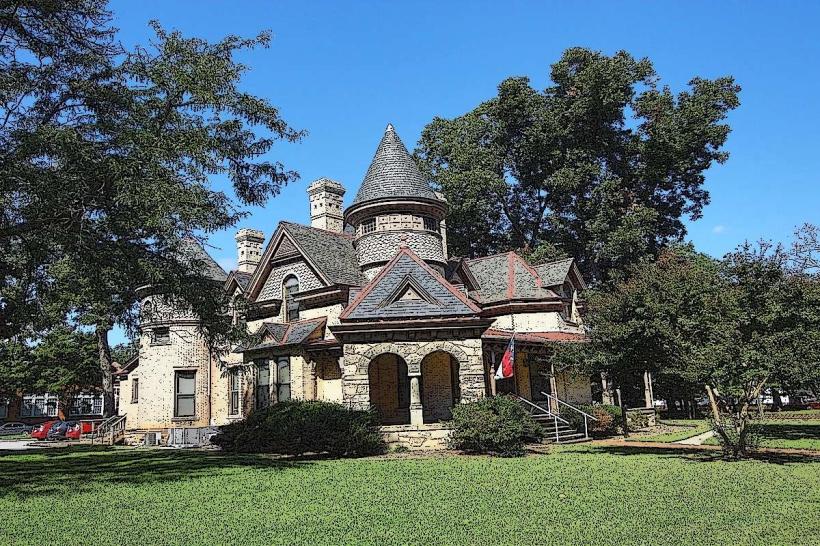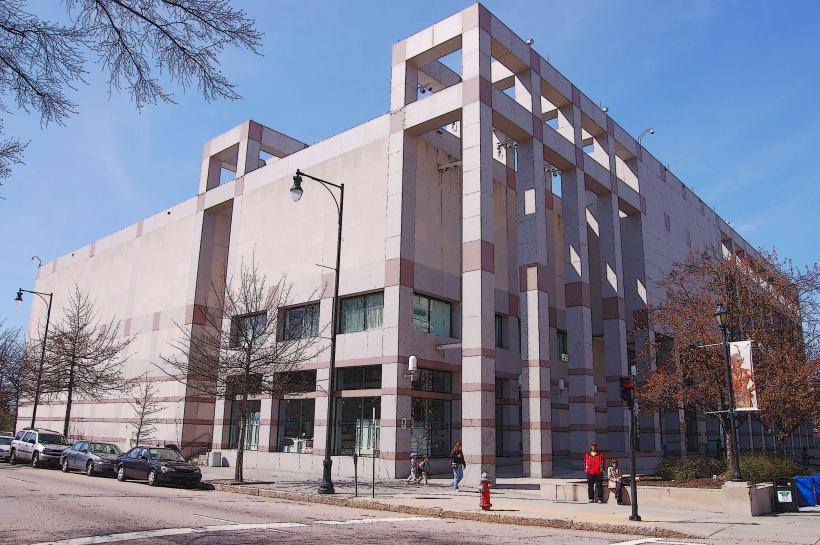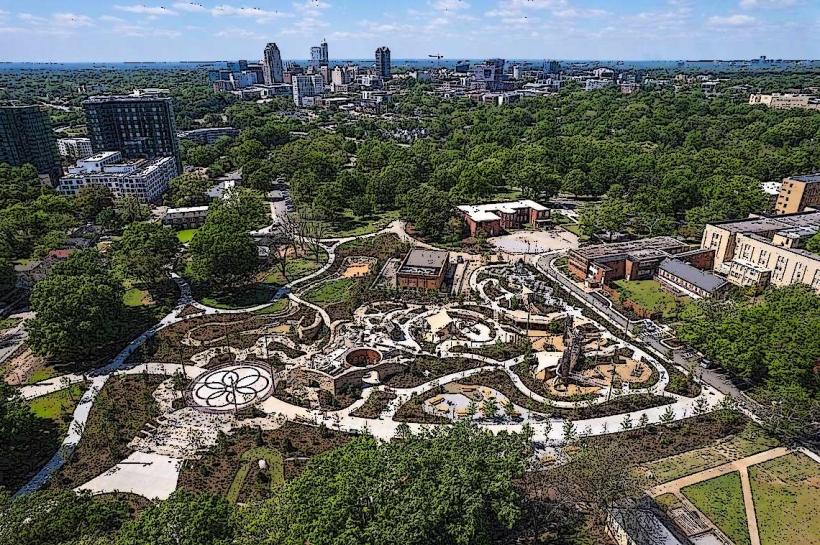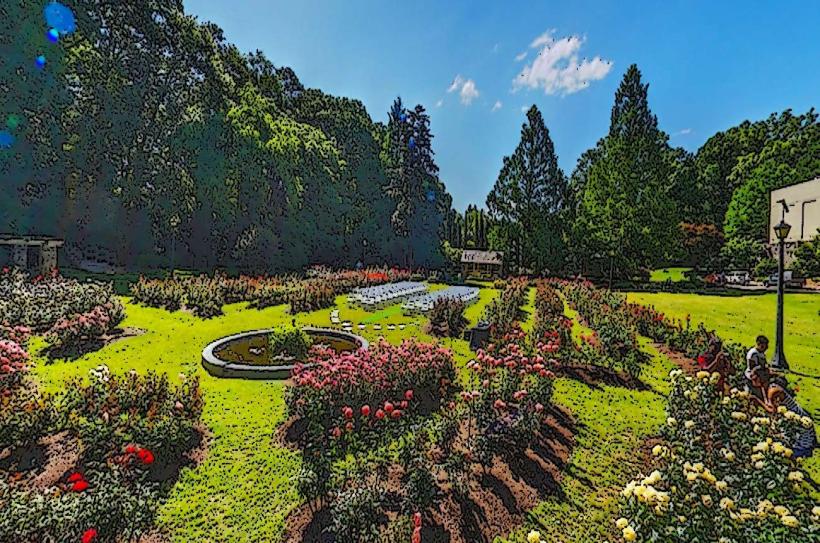Information
Landmark: JC Raulston ArboretumCity: Raleigh
Country: USA North Carolina
Continent: North America
JC Raulston Arboretum, Raleigh, USA North Carolina, North America
The JC Raulston Arboretum is a 10-acre botanical garden located in Raleigh, North Carolina, USA. It functions as a living laboratory and educational resource for plant research and horticultural display.
Visual Characteristics
The arboretum features a diverse collection of woody and herbaceous plants, organized into distinct garden areas. These include themed gardens such as the Southeastern Native Plant Garden, the Japanese Garden, and the Perennial Border. Plantings vary in height from groundcovers to mature trees, with a focus on a wide spectrum of green foliage, seasonal flower colors, and bark textures. Pathways are primarily gravel or mulched earth.
Location & Access Logistics
The JC Raulston Arboretum is situated at 4415 Beryl Road, Raleigh, NC 27606, approximately 5 kilometers west of downtown Raleigh. Access is via Beryl Road, which connects to Hillsborough Street. Parking is available in a dedicated lot adjacent to the main entrance. Public transport options include the GoRaleigh bus route 10, which stops near the arboretum entrance on Hillsborough Street.
Historical & Ecological Origin
Established in 1976, the arboretum was founded by Dr. J.C. Raulston, a professor of horticulture at North Carolina State University. Its original purpose was to serve as a research and demonstration garden for new and underutilized plants, particularly those suited to the southeastern United States climate. The site is part of the university's agricultural research station lands.
Key Highlights & Activities
Visitors can explore themed garden areas, observe plant collections, and utilize self-guided walking tours. Educational programs and workshops are offered seasonally. Photography of plant specimens and garden designs is permitted. The arboretum is suitable for quiet contemplation and horticultural study.
Infrastructure & Amenities
Restrooms are available within the main visitor center. Shaded areas are provided by mature trees and strategically placed pergolas. Cell phone signal (4G/5G) is generally reliable throughout the grounds. No on-site food vendors are present, but dining options are available in nearby commercial areas along Hillsborough Street.
Best Time to Visit
For optimal viewing of flowering plants, visit from spring through fall. Specific bloom times vary by species. Morning hours (9:00 AM - 11:00 AM) offer softer light for photography. The arboretum is open year-round, with weather conditions influencing outdoor comfort.
Facts & Legends
The arboretum is renowned for its extensive collection of ornamental grasses and its role in introducing over 500 new plant species to North American horticulture. A specific tip for visitors is to check the arboretum's website for their "Plant of the Week" feature, which highlights a particular specimen with detailed information.
Nearby Landmarks
- North Carolina State University Campus (0.8km East)
- Raleigh Flea Market (1.2km Southwest)
- Method Road Park (1.5km West)
- Pullen Park (2.0km Southeast)
- NC Museum of Natural Sciences (4.5km East)

